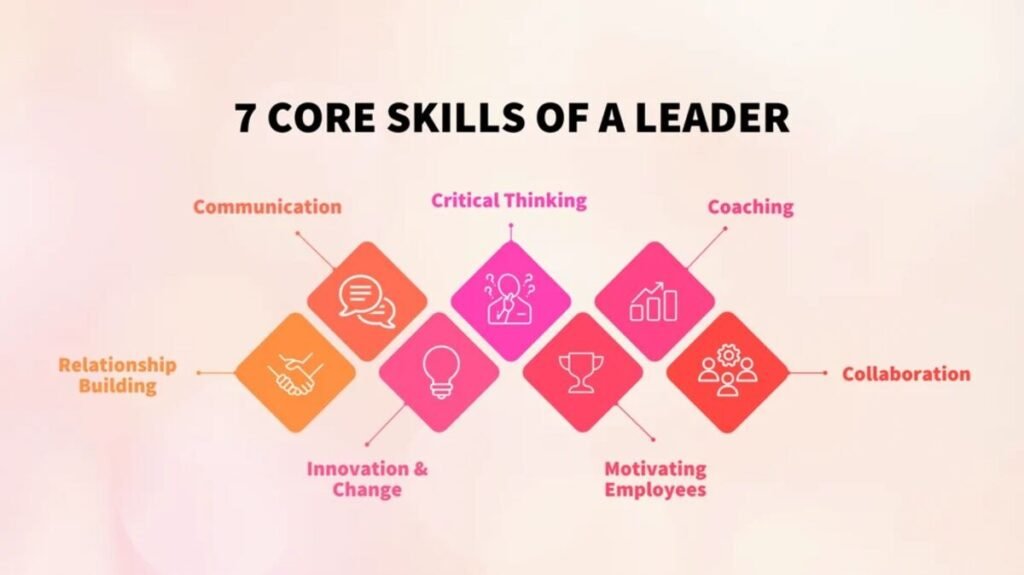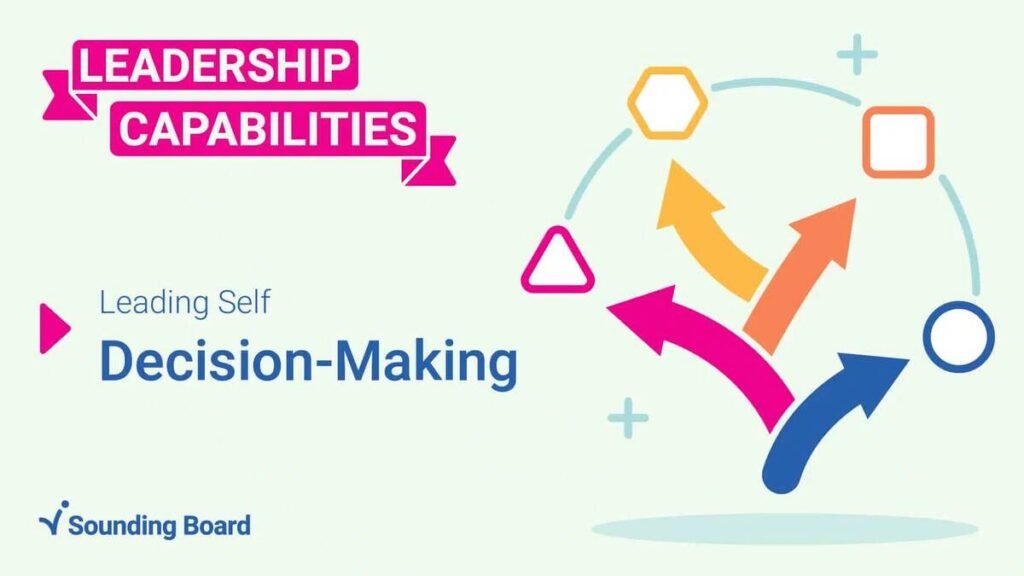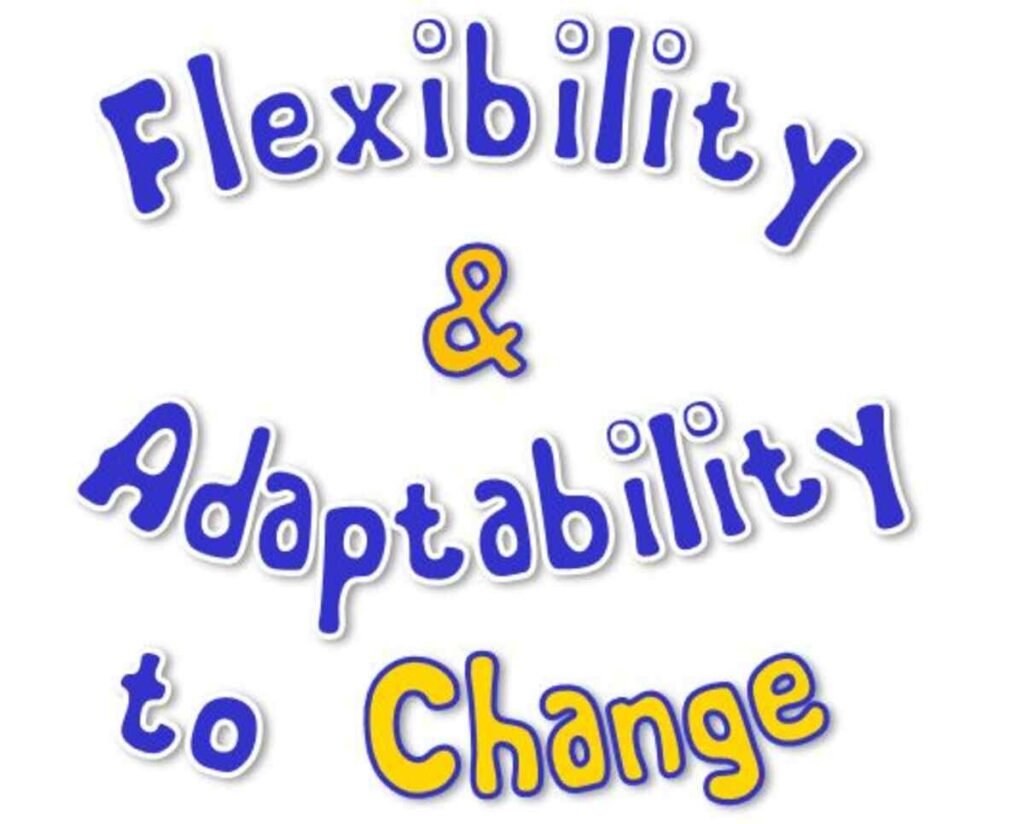Leadership Skills: Unlock Your Remarkable Potential to Lead

Leadership Skills: Leadership is not just about being in charge; it’s about making a difference. Good leaders inspire, motivate, and guide others toward a common goal. Leadership skills are a combination of various traits and abilities that enable someone to guide a team effectively. From communication and emotional intelligence to decision-making and problem-solving, leadership skills are essential in all areas of life.
Why Leadership Skills Matter
Why do leadership skills matter? Simply put, good leaders drive success. Whether in business, community settings, or even within families, leaders help set the direction, build a vision, and create something larger than the sum of its parts. Without effective leadership, even the best ideas can fail to take off. Leadership skills enable you to:
- Influence others positively.
- Drive change and innovation.
- Build and maintain high-performing teams.
- Navigate challenges and uncertainties effectively.
The Core Leadership Skills

To be an effective leader, you need a toolbox of core skills. These are the fundamental abilities that every leader should possess:
- Communication: Clear, concise, and impactful communication.
- Emotional Intelligence: Understanding and managing your own emotions, as well as empathizing with others.
- Decision-Making: Making informed and timely decisions.
- Problem-Solving: Identifying solutions to challenges.
- Team Management: Building, developing, and guiding teams.
- Adaptability: Adjusting to new conditions and changes.
- Integrity: Maintaining honesty and strong moral principles.
Developing Communication Skills
Communication is the cornerstone of leadership. Imagine trying to build a house without a strong foundation – that’s what leading without good communication is like. Effective leaders are clear and concise, whether they’re giving a presentation or having a one-on-one conversation. Here’s how you can improve your communication skills: “Leadership Skills”
- Active Listening: Truly listen to what others are saying without interrupting.
- Clarity and Conciseness: Be clear and to the point.
- Non-Verbal Communication: Pay attention to body language and facial expressions.
- Feedback: Provide and encourage constructive feedback.
Leadership Skills: Building Emotional Intelligence
Emotional intelligence (EI) is the ability to understand and manage your own emotions and to recognize and influence the emotions of others. Leaders with high EI are better at handling stress, resolving conflict, and empathizing with their team members. To build your EI:
- Self-Awareness: Recognize your own emotions and how they affect your thoughts and behavior.
- Self-Regulation: Manage your emotions in healthy ways.
- Social Skills: Develop good interpersonal skills to build strong relationships.
- Empathy: Understand and share the feelings of others. “Leadership Skills”
Decision-Making Abilities

Leaders are constantly making decisions, often under pressure. Good decision-making skills involve being able to assess a situation, consider various outcomes, and choose the best course of action. Here are some tips:
- Gather Information: Get all the facts before making a decision.
- Consider Options: Weigh the pros and cons of different choices.
- Take Responsibility: Own your decisions and their outcomes.
- Learn from Mistakes: Use past decisions as learning experiences. “Leadership Skills”
Leadership Skills: Problem-Solving Techniques
Problems are inevitable, but how you handle them can make or break your leadership effectiveness. Strong problem-solving skills enable you to identify issues quickly and find solutions efficiently. Improve your problem-solving abilities by:
- Identifying the Problem: Clearly define the issue at hand.
- Brainstorming Solutions: Generate a list of potential solutions.
- Evaluating Options: Consider the feasibility and impact of each option.
- Implementing a Solution: Put the best solution into action and monitor the results.
Team Management
Managing a team is more than just delegating tasks; it’s about fostering a collaborative and motivated environment. Effective team management includes: “Leadership Skills”
- Building Trust: Develop trust among team members.
- Setting Goals: Clearly define and communicate team goals.
- Encouraging Collaboration: Promote teamwork and open communication.
- Providing Support: Be available to assist and guide your team.
Leadership Skills: Adaptability and Flexibility

In a rapidly changing world, adaptability is key. Leaders must be able to pivot when necessary and adjust their strategies to meet new challenges. Here’s how to become more adaptable:
- Stay Informed: Keep up with industry trends and changes.
- Embrace Change: View change as an opportunity rather than a threat.
- Be Open-Minded: Consider new ideas and perspectives.
- Learn Continuously: Seek out new skills and knowledge. “Leadership Skills”
Integrity and Accountability
Integrity and accountability are the bedrock of trustworthy leadership. Leaders with integrity are honest, ethical, and dependable. To build these traits:
- Be Honest: Always tell the truth, even when it’s difficult.
- Take Responsibility: Own up to your actions and decisions.
- Lead by Example: Model the behavior you expect from others.
- Maintain Transparency: Be open about your processes and decisions.
Leadership Skills: Inspirational Leadership
Inspirational leaders motivate others to achieve their best. They have a clear vision, and they know how to communicate it in a way that inspires others to follow. To become an inspirational leader: “Leadership Skills”
- Develop a Vision: Have a clear and compelling vision for the future.
- Communicate Passion: Share your enthusiasm and passion with your team.
- Recognize Efforts: Acknowledge and celebrate the achievements of others.
- Encourage Growth: Support your team’s professional and personal development.
Mentoring and Coaching
Mentoring and coaching are powerful tools for developing leadership in others. Effective mentors and coaches: “Leadership Skills”
- Provide Guidance: Offer advice and feedback based on your experience.
- Support Development: Help others identify and achieve their goals.
- Encourage Reflection: Promote self-awareness and learning from experiences.
- Build Confidence: Empower others to take on new challenges.
Leadership Skills: Continuous Learning
The best leaders are always learning. Continuous learning helps you stay relevant and improve your leadership skills over time. To foster continuous learning:
- Seek Feedback: Regularly ask for feedback on your performance.
- Attend Training: Participate in workshops and training programs.
- Read Widely: Stay informed by reading books, articles, and studies on leadership.
- Network: Connect with other leaders to share ideas and experiences.
Balancing Authority and Approachability

Effective leaders strike a balance between being authoritative and approachable. This balance ensures that you maintain respect while being accessible to your team. Here’s how to achieve it:
- Be Decisive: Make decisions confidently and assertively.
- Stay Approachable: Maintain an open-door policy and encourage communication.
- Show Empathy: Be understanding and considerate of your team’s needs.
- Provide Clear Expectations: Communicate your expectations and standards.
Leadership Skills: Conclusion: The Path to Effective Leadership
Leadership skills are not innate; they can be learned and honed over time. You can become a more effective leader by developing core skills like communication, emotional intelligence, and decision-making. Remember, the journey to becoming a great leader is ongoing. Embrace continuous learning, seek feedback, and always strive to improve. With dedication and practice, anyone can develop the skills needed to lead effectively.
Frequently Asked Questions (FAQs)
1. Can leadership skills be learned, or are they innate?
Leadership skills can be learned. While some people may have natural leadership tendencies, anyone can develop the skills needed to be an effective leader through practice and continuous learning.
2. What is the most important leadership skill?
While it’s difficult to pinpoint just one, effective communication is often considered the most crucial leadership skill. Without clear communication, guiding, motivating, and inspiring others is challenging.
3. Leadership Skills: How can I improve my emotional intelligence?
Improving emotional intelligence involves self-awareness, self-regulation, social skills, empathy, and motivation. Practices such as mindfulness, active listening, and seeking feedback can help enhance your EI.
4. Why is adaptability important in leadership?
Adaptability is important because it allows leaders to respond effectively to changing circumstances, challenges, and opportunities. An adaptable leader can pivot strategies and approaches to meet new demands.
5. Leadership Skills: How do I balance being authoritative and approachable?
Balancing authority and approachability involves being decisive and confident while also being open, empathetic, and supportive. Clear communication, active listening, and setting transparent expectations help maintain this balance.
Understanding and developing these essential leadership skills can unlock your potential to lead and inspire others effectively. Whether in a professional setting or in your personal life, these skills will help you navigate and succeed in various leadership roles.
Read More: Digital Product Creation





